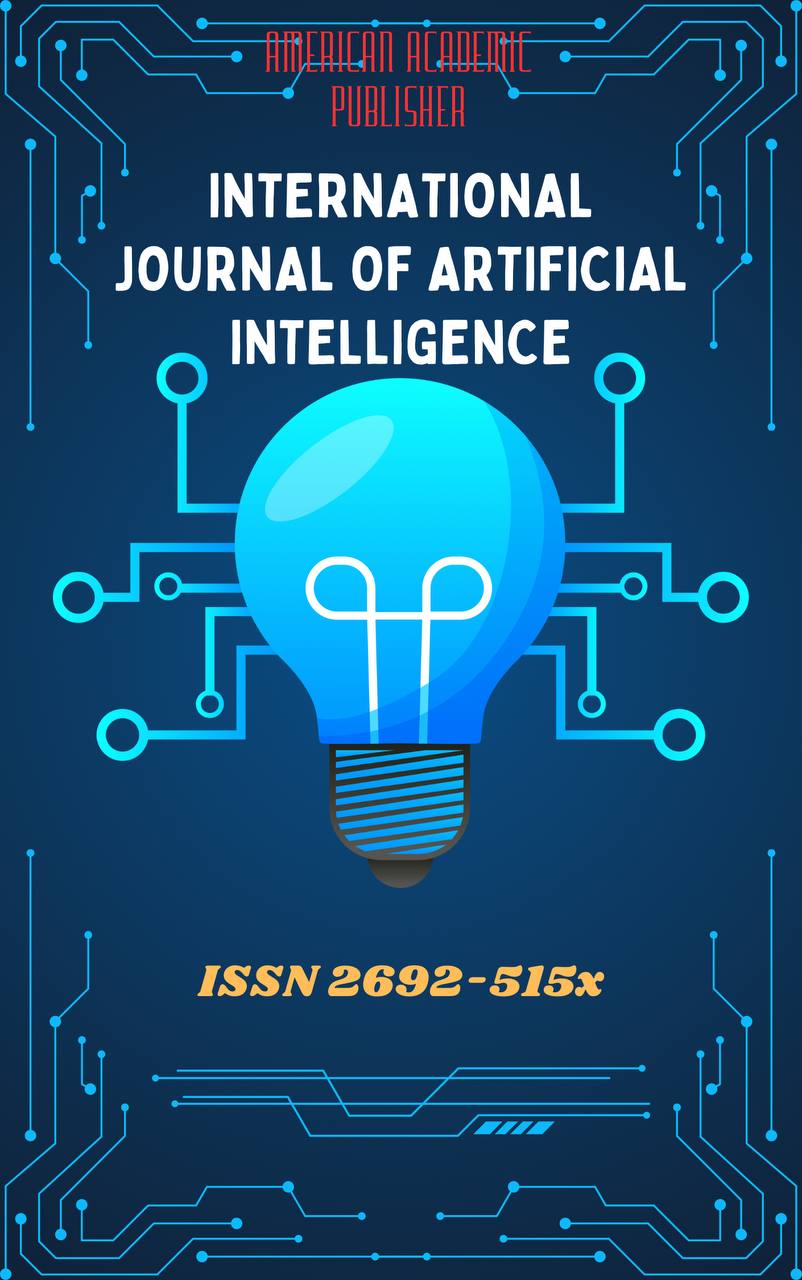 Articles
| Open Access |
Articles
| Open Access | OPPORTUNITIES FOR USING ARTIFICIAL INTELLIGENCE IN STATE FINANCIAL CONTROL
Patalov Jahongir Jumabayevich , Gulistan State University Faculty of Digital Economy and InnovationsAbstract
This study examines the effectiveness of artificial intelligence (AI) technologies in the state financial control of Uzbekistan. The focus is on the role of AI systems in detecting financial violations, reducing corruption risks, and optimizing budget savings. The results indicate that AI reduced the time to identify violations by 79%, decreased suspicious tenders by 17%, and increased annual budget savings up to 55 billion UZS. These findings highlight the significance of AI in public finance management.
Keywords
artificial intelligence, audit systems, budget efficiency, corruption prevention, data analytics, financial violations, public financial control, tender processes, transparency, cost optimization.
References
Ministry of Finance of the Republic of Uzbekistan. (2023). Budget reports for 2022–2023. https://budget.gov.uz/reports
State Control Committee. (2023). Annual report on public procurement monitoring. https://dnq.uz/monitoring
Abdullayev, A. (2022). Improving the financial control system in Uzbekistan. Economy and Innovations, 8(4), 72–85.
Karimov, S. (2021). Mechanisms for combating corruption using artificial intelligence. Law and Governance, 12(3), 45–58.
Tashkent Financial University. (2023). Financial control in the digital economy. Proceedings of the International Conference.
President of the Republic of Uzbekistan. (2021, May 15). Decree PF-123 on improving the system of state financial control.
Law of the Republic of Uzbekistan. (2022, January 10). On Public Procurement (Law No. O’RQ-456).
Central Bank of the Republic of Uzbekistan. (2023). Financial reports and statistical data. https://cbu.uz/statistics
Nurmatov, J. (2022). Public administration in the era of digital transformation. Tashkent: Akademnashr.
Public Procurement Agency. (2023). E-procurement system manual. https://e-xarid.uz/manual
Cabinet of Ministers of the Republic of Uzbekistan. (2023). State programs and strategies. https://gov.uz/programs
Chen, X., Li, Y., & Wang, J. (2023). Application of artificial intelligence technologies in public finance. Journal of Financial Innovations, 15(2), 34–56. https://doi.org/10.xxxx/minnov.2023.012
World Bank. (2022). Transparency and accountability in public finance. Global Governance Reports. https://openknowledge.worldbank.org
International Monetary Fund. (2023). Financial reforms in Central Asia. IMF Working Papers. https://www.imf.org/centralasia
Pandas documentation. (2023). Pandas library for Python programming. https://pandas.pydata.org/docs
Scikit-learn. (2023). User guide for machine learning library. https://scikit-learn.org
OECD. (2023). Guidelines for public finance management. https://www.oecd.org/gov/budgeting
Botsman, R. (2020). The trust economy and technologies. Tashkent: Yangi Asr Publishing.
Article Statistics
Downloads
Copyright License

This work is licensed under a Creative Commons Attribution 4.0 International License.

